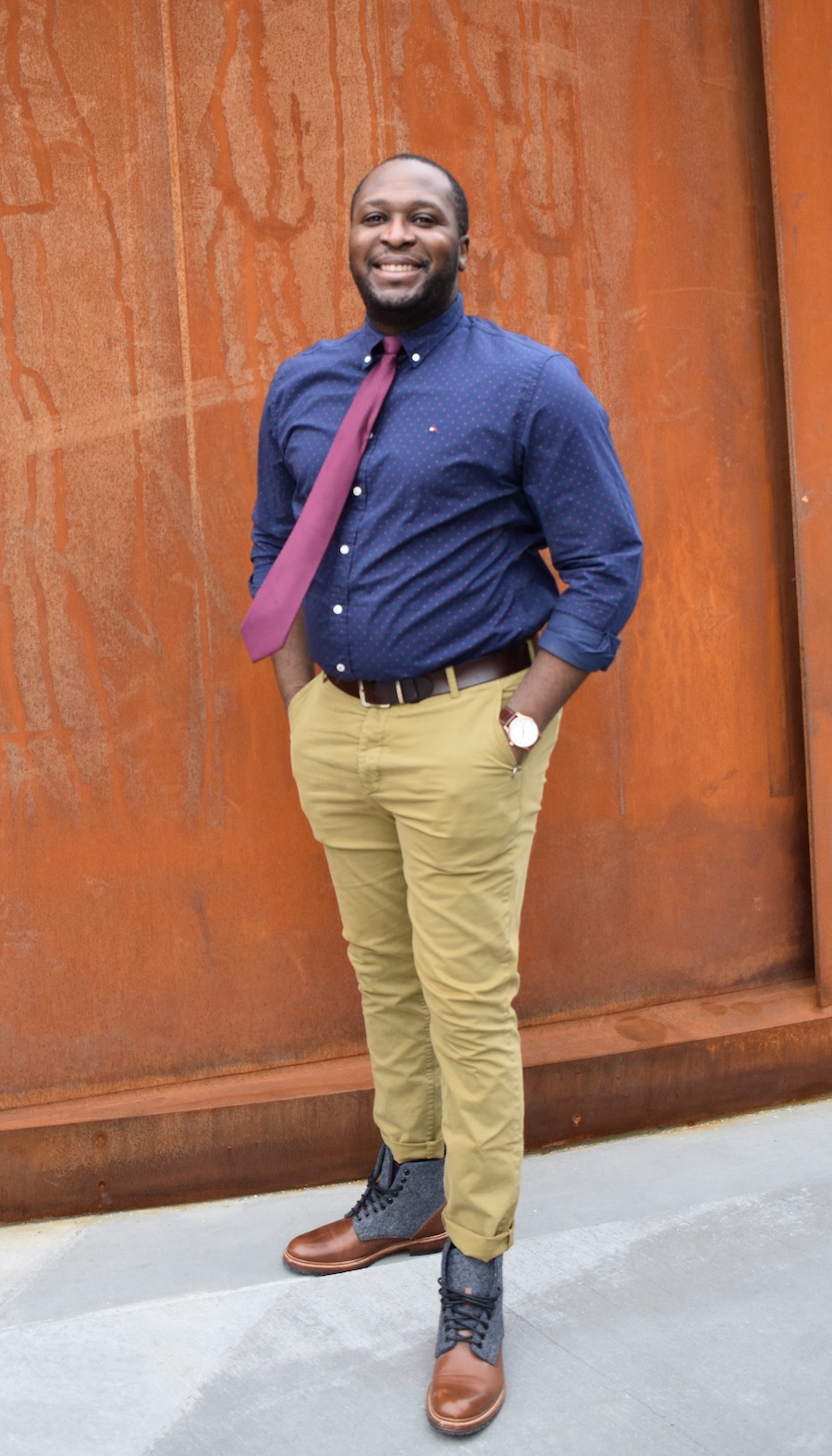“As a clinical psychology trainee working in a memory and aging clinic, I became crucially aware of how difficult it is to diagnose neurocognitive disorders. My goal is to use machine learning models to predict diagnoses and other outcomes of interest relevant to Alzheimer’s Disease and related dementias.”
The power of machine learning is opening up new frontiers for medicine, where learning computers can provide new insights and outcomes that were beyond our reach before. Babatunde Aideyan, a PhD student in the Department of Applied Psychology, wants to harness that power to better study and diagnose another extremely powerful machine: the human brain. By taking his passion for data analysis and machine learning and applying them to the treatment of people suffering from Alzheimer’s Disease or age-related dementia, Aideyan hopes to be able to better predict outcomes for patients without debilitating medical procedures.
A graduate of Emory University in Atlanta with an MA in Psychology from Northwestern University, Aideyan began his PhD research in the Counseling Psychology concentration in 2018. Presently in the latter half of his two-year clinical practicum, his studies have led him to Butler Hospital in Rhode Island, where he runs neuropsychology assessments in the Memory and Aging program for patients aged 65 or older presenting with dementia, memory problems or cognitive decline. While the primary purpose of these assessments is to evaluate the subjects’ thinking, his longer-term goal is to use this data to build a machine learning model to predict outcomes of interest for his research field. He hopes to use this and other data sets to generate predictive models of the course of cognition-impairing conditions, to provide information that would otherwise be impossible to glean without painful and invasive procedures.
“One example of this would be amyloid plaque buildup – you can’t screen for it, and you can’t measure it without a biopsy, which involves either drilling into the skull to extract a fluid sample, or a post-mortem brain autopsy,” he explains, “So being able to predict that kind of thing without the patient having to go through the ordeal of brain surgery would be very helpful.” While formulating his research approach, Aideyan is being cautious about leaping in before he determines the exact parameters of what he is looking for. “The thing about machine learning research that is crucial in medicine and behavioral healthcare, I think, is figuring out your objectives,” he explains, “In other applications of machine learning like social media, you can just put in a bunch of data and hope for the best; it’s not that bad if an algorithm gives you a video recommendation that you don’t like! The thing about the medical space is, you have to be 100% certain of your results, or it could have serious ramifications for peoples’ lives. So having the correct objectives and dataset are very important.”
Looking further down the road at his career after Northeastern, Aideyan has a clear vision: “I would love to do research for an innovative company, and ultimately I want to become licensed in psychology and open a truly integrative health clinic, where a group of specialists can work together to lead patients towards new solutions.”

